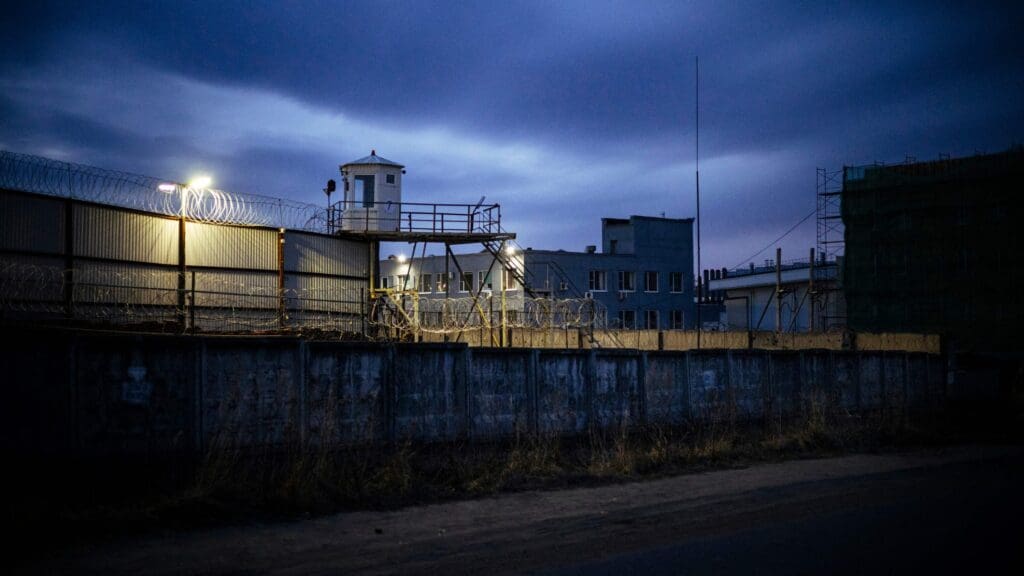Juneteenth: A Time to Reflect on the Prison System

By: Sadie Nichols
As we reflect on Juneteenth, a day to celebrate the end of slavery in the United States, we must also reflect on the impacts slavery’s legacy continues to hold on the United States. One of slavery’s biggest legacies is the U.S. prison system.
As of today, The United States makes up about 5% of the world population but comprises 20% of the world’s prison population. To understand how the U.S. got to this point of mass incarceration we may look to the 13th Amendment.
The 13th Amendment ended slavery with a loophole, this loophole allowed slavery to remain legal in the U.S. as punishment for a crime. With the ending of slavery began convict leasing, which enabled prisoners to be used as laborers which cost the prison system nothing but allowed them to profit greatly. At this point, the existence of formerly enslaved people became criminalized, through ‘black codes’, which sought to criminalize black people assembling and walking in public spaces. This began the disproportionate incarceration of Black people.
1970 officially marked the beginning of the era of mass incarceration. It also marked the beginning of the “war on crime” which under the Reagan administration became the war on drugs. Regean’s war on drugs exacerbated existing economic disparities, and specifically sought to incarcerate the black community. Following Reagan both Bush and Clinton took similar ‘tough on crime stances’, however under Clinton there was a huge escalation in the size of the prison population. Some of the policies that contributed to this included mandatory sentencing, the three-strike policy, and the militarization of the police. All of these policies have contributed to the rise in police violence that is growing endemic to our reality.
We all have the power to create change, change that will eventually take down these systems of oppression. To begin we must spread the idea of anti-racism, and inspire people to take action, allowing us to take down these racist policies and systems.

